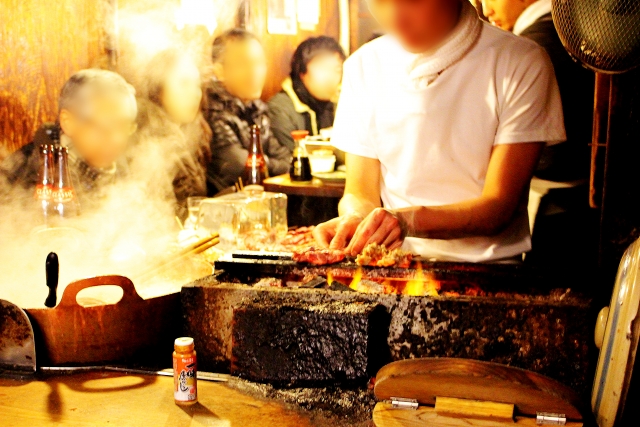After a long day at work, many people are drawn in by the mouth-watering aroma of grilled chicken wafting through the streets of Izakaya. This delightful scent originates from Yakitori-ya, a Japanese restaurant specializing in charcoal-grilled chicken skewers. Yakitori’s enticing smell stimulates our appetite and leads us to buy it.
How Smell Impacts Taste
We perceive food taste through smell. Cold symptoms affect taste perception. It’s not just the taste buds that affect how food tastes; the aroma significantly influences our perception of flavor. As a result, smelling food often shows how delicious it will be even before we take a bite.
Aromas for Marketing
Cold weather makes hot food smell better. Food aromas promote warm, delicious meal choices, and the aroma of Yakitori-ya lures customers.

Taiyaki, a red snapper-shaped waffle filled with sweet bean paste, is another delicious Japanese treat. The smell of Taiyaki alone is tempting enough to try it.

Strong Food Odors: A Challenge
Not all delicious foods have pleasant scents. The pungent smell of fermented foods may be unpleasant. Japanese Natto (fermented soybeans) is one notable example. Natto is historically known for its pungent smell. However, ammonia levels are lower now, making it more appealing.
Smell affects food quality assessment; however, it isn’t the sole determinant. Appearance and taste influence food choices. The scent attracts, but the taste is key to delicious food.
